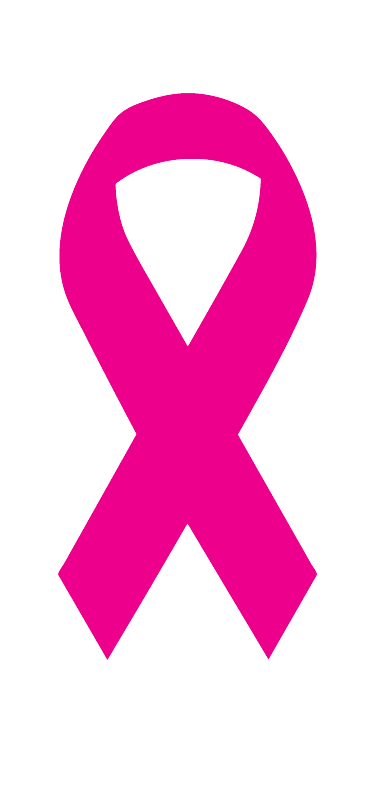The Maurer Foundation has brought breast health education to the youth communities of Long Island and the greater New York Metro area since 1995.
This fall, the charity will launch an online training program allowing people across the U.S. to become breast health educators and bring crucial information to their own communities.
“Our mission has always been breast health education, providing information to the public at large,” Executive Director Susan Samaroo told Blank Slate Media. “That mission has not faltered in 25 years.”
The Maurer Foundation offers free breast health education programs to local schools and community groups. They teach young people how to implement lifestyle changes to prevent breast cancer, as well as how to perform breast self-exams. The foundation has reached nearly 400,000 people in their 25-year existence, and 23,000 in the last year alone.
“Awareness is great, but action is better,” the Maurer Foundation website reads.
Their workshops incorporate issues pertaining to breast health that disproportionately impact youth populations, such as vaping.
The foundation has brought its message of live-saving breast cancer prevention and early detection to 80 percent of public high schools on Long Island. They have partnered with 44 schools in Nassau County alone, where their programs are integrated into the curriculum, often through health classes.
“Risk reduction is cumulative,” reads the Maurer website. “By bringing our programs to high schools and colleges, we encourage the development of risk-reducing and early detection habits early.”
Beyond imparting crucial information to young people, the Maurer Foundation offers peer education programs. Through after-school workshops, Maurer educators train students to be breast health educators themselves. The students then lead breast health programs at their schools.
Samaroo stated that young people are more engaged with their peers.
“Being able to have that peer-to-peer opportunity we feel is an effective way of getting that lifesaving message across,” she said.
The Maurer Foundation strives to reach diverse populations of young people on Long Island. Their Bilingual Breast Health Program speaks to concerns specific to the Hispanic community.
They recently started a transgender breast health series on their blog, which addresses topics such as the effects of sex reassignment surgery and hormone therapy on breast cancer risk factors.
Samaroo said the foundation’s mission is to provide the information that the public is asking for, and that the trans community, like the rest of the population, seeks out breast health information specific to their needs.
This fall, the Maurer Foundation will introduce an online “train-the-trainer” program.
The foundation has been doing this in person for years, Samaroo said. People come from all over the U.S. to participate in their training programs. They then educate their own communities on breast cancer risk factors, nutrition information, mammogram guidelines, early detection strategies and conducting breast self-exams.
By expanding the program to include an online option, the Maurer Foundation strives to meet the growing demand for breast cancer educators. Samaroo stated that while the mortality rate has gone down, the number of breast cancer cases continues to grow.
“Our program is still current, it’s still necessary, unfortunately,” said Samaroo.



